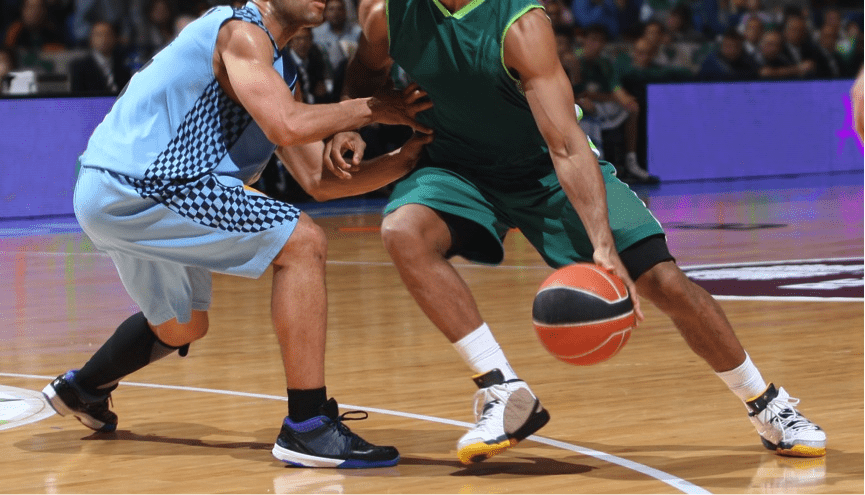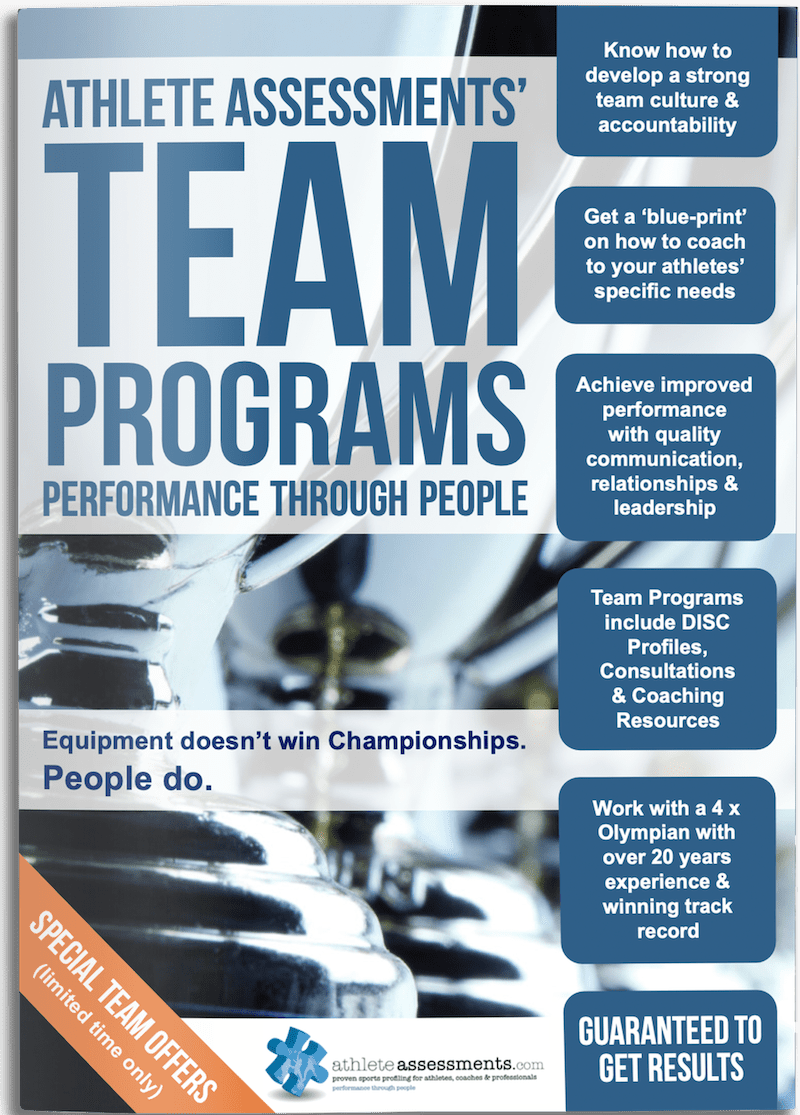A key to recruiting success, found in the most unlikely of places
Recruiting. It’s fundamental to the success of any team and as coaches, you make an enormous investment in time with the aim to get it right. So often, coaches are looking for the X-factor or conversations are focused on a physical attribute of a particular player. Are you missing one of the most critical aspects for your team’s success? And, could the success factor come from an unlikely place?

This week in Australia, all of the school children are heading back to the classroom after six to eight weeks of summer vacation. I saw some interesting research in the news and immediately thought of the application to sports coaching and in particular, recruiting in sport. Knowing research on kindergarten children has the potential to put you at a significant advantage to other recruiting coaches, and change what many youth sport programs are centered on.
Research on the Key Success Factor
Research by Pennsylvania State and Duke University, following more than 700 children for 20 years, found a significant correlation between their social skills at kindergarten age and their success as adults. The study measured social skills as a set of behaviors including being able to cooperate with their peers without prompting, being helpful to others, understanding their feelings and resolving problems on their own.
The research study showed that:
- children with a competent level of social behaviors were far more likely to earn a college degree and have a full-time job by age 25 than those with limited social skills.
- children with limited social skills had a higher chance of being arrested, binge drinking, and applying for public housing.
Program Director Kristin Schubert (from the Robert Wood Johnson Foundation that funded the study) said ‘This study shows that helping children develop social and emotional skills is one of the most important things we can do to prepare them for a healthy future.’
We all want athletes that get along with, and are helpful to, their fellow team members, are emotionally aware and problem solvers; that don’t binge drink or get into situations that lead to being arrested; and go onto successful lives after sport to contribute to the community. So, do you prioritize social skills when recruiting in sport? Is it high on your list?
Here’s a suggestion… when recruiting athletes, look to the program, school or club they come from and look for whether social skills development is a priority. When talking with coaches who work with youth, share with them that social skills is something you highly value, prioritize and want in the athletes you recruit. It will be your impact that has the potential to re-balance youth sports and have a significant benefit to our wider communities.

Of course, being physically ‘talented’ is what we want in our athletes, but that can all come crashing down with poor social skills. There are endless examples in (and outside of) the media of athletes making poor choices and the consequences of these choices have enormous cost. It doesn’t have to be either, or. Physical and technical aspects of sport can be developed alongside social skills. It can be achieved in youth sports and at the heights of elite sport. It just needs to be a priority.
A Coaching Sponge or Deliberate Recruiting Choice
The term ‘Coaching Sponge’ to describe an athlete that absorbs an enormous amount of a coach’s time is often perceived as derogatory title. However, it is only negative if it isn’t deliberate. When making a choice to recruit an athlete that has an imbalance of physical ability over non-physical (i.e. they have enormous ‘physical talent’ but are lacking in the intangibles such as communication, working with others, resiliency, leadership etc.), this is a good decision only if you are prepared to support and coach the athlete in developing their non-physical strength and skills. This takes time and effort and must be a deliberate choice. (It is also advisable limit the number of athletes on your team that fit this description, unless you have enough resources to do this well.)
What Do You Value?
I once heard someone say that you can measure what someone values by where they put their time and money. Where do you put your time and money? What do you value in your program the most? Often, when you look at budgets, there is an ‘arms race’ going on with facilities and equipment with teams competing on how much they can financially spend on the latest and greatest. When we look at the time investment, the quote by Coach Mike Krzyzewski captures this perfectly too:
“A common mistake among those who work in sport is spending a disproportional amount of time on “x’s and o’s” as compared to time spent learning about people.”
People are central in everything we do, regardless of our life’s endeavor. This is just as important in sport. As you’ll hear me say often: “Athletes don’t play sport, people do.” Working well with people, having exceptional team chemistry and all the intangibles of a successful team doesn’t happen by chance. It only happens by choice and requires the same practice and focus as any other skill.
Some Simple Research You Can Do
Next time you are in the company of a coach you look up to and / or is very successful, ask them to describe the attributes of the best team they have coached. Also, ask them the attributes of the least successful team. Notice what they say. I’d predict that there is a very high likelihood that both lists of descriptors would be around people issues: team chemistry, leadership, communication, how the team pulled together (or didn’t). Relationships do matter and the Olympic Research into the key factors contributing to success confirms this. Rarely do coaches contribute success or failure of their teams to their tangible elements of their program such as equipment, facilities or the physical training program. It just isn’t what differentiates the best.
In elite sport, equipment is equal among competitors, physical conditioning programs are indistinguishable and game or race strategies are often duplicated. The only true competitive advantages are gained by investing in the mental, emotional and relationship skills of your people.

Recruiting is only the Beginning
Remember, recruiting the right athletes is only the start. Your value as a coach shows through how your athletes continue to develop while in your program. To make the biggest impact on your athletes performance and contribution to the team, ensure your priorities are balanced to cover the ‘whole’ of their development. We can help you achieve this.
At Athlete Assessments, we’re experts in the people side of sport. We know sport and live high-performance every day. While we are best known for our athlete profiling and team dynamics consulting, we do more than just assessments.
Find out about how our clients have achieved success and contact us to get started today.






